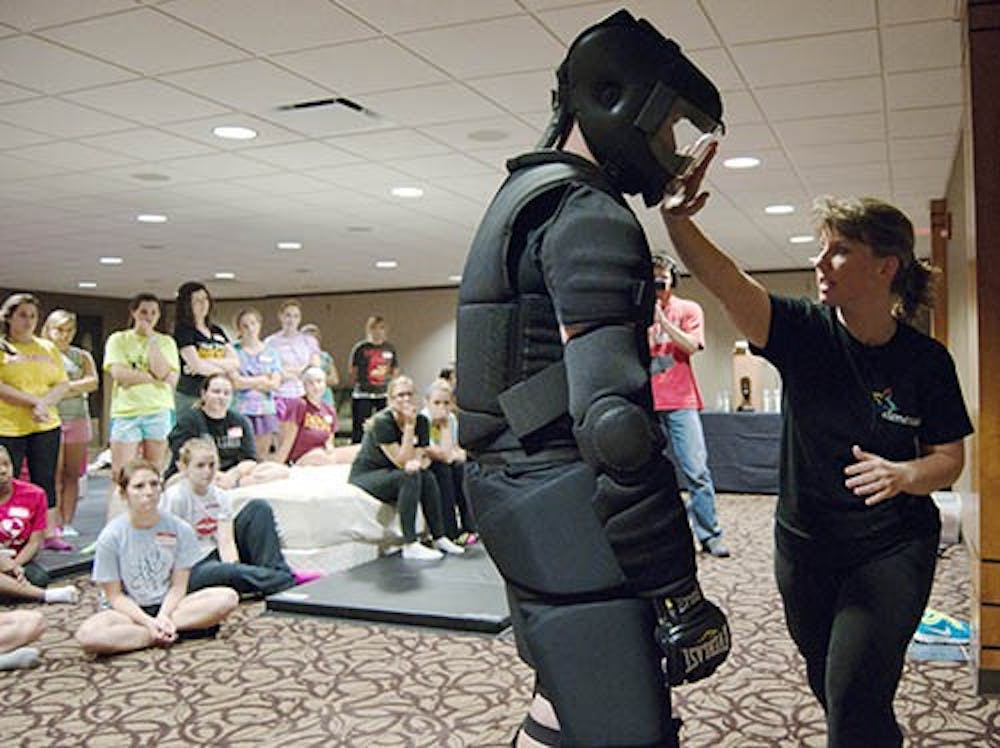The university offers prevention training in response to “red zone,” a national trend of high sexual assault instances during the first six weeks of class.
Two groups, Red Zone and Elemental, are providing students education and defense from these situations. “Red zone” prevention training is planning to have 23 sessions in the next three weeks.
Health educator Julie Sturek and Allison Wynbissinger, Ball State victim advocate, are part of that education process.
“We have 23 [Red Zone] presentations in the next three weeks scheduled so far,” Sturek said. “We make ourselves available to classrooms, residence halls and student organizations to present the topic and raise awareness on partying smart with less alcohol. And [we are] talking about what consent is and how to obtain proper consent.”
Wynbissinger said while alcohol does not cause sexual assault, its presence often seems to increase it.
The first six weeks of the semester do have higher incidents of sexual assault as certain activities, such as tailgating, tend to involve alcohol, Sturek said,
Chad Menning and Mellisa Holtzman, Ball State professors who run the sexual assault protection program Elemental, said the “red zone” period seems to affect mostly freshmen.
“[Freshmen] are trying to figure out those gendered expectations,” Holtzman said. “We aren’t very explicit and direct when it comes to sex.”
The lack of parental supervision for freshmen may contribute to that group’s high risk of sexual assault, Wynbissinger said.
“There isn’t someone asking where you are going, what party you’re going to, when you’re getting home,” she said. “There isn’t someone making sure that you’re getting home.”
While the “red zone” includes the first six weeks of the Fall Semester, there are other peaks, Menning said.
“When people are trying to acclimate to campus and are trying to get used to peer culture, instances of sexual assault are high,” Menning said. “But there’s also a peak around individuals turning 21.”
While Elemental provides verbal and physical protection for all students, Menning said the best way to prevent sexual assault is communication and awareness.
“This really isn’t the responsibility of women to take care of themselves,” he said. “But they need to be asking questions about what they want and what their partner wants — especially when it’s awkward.”
Red Zone trainings are optional and welcome all students and staff.
“This is a really big topic,” Wynbissinger said. “This is something that does happen, and unfortunately, Ball State isn’t an exception. But students also need to be aware that there is help for them.”


